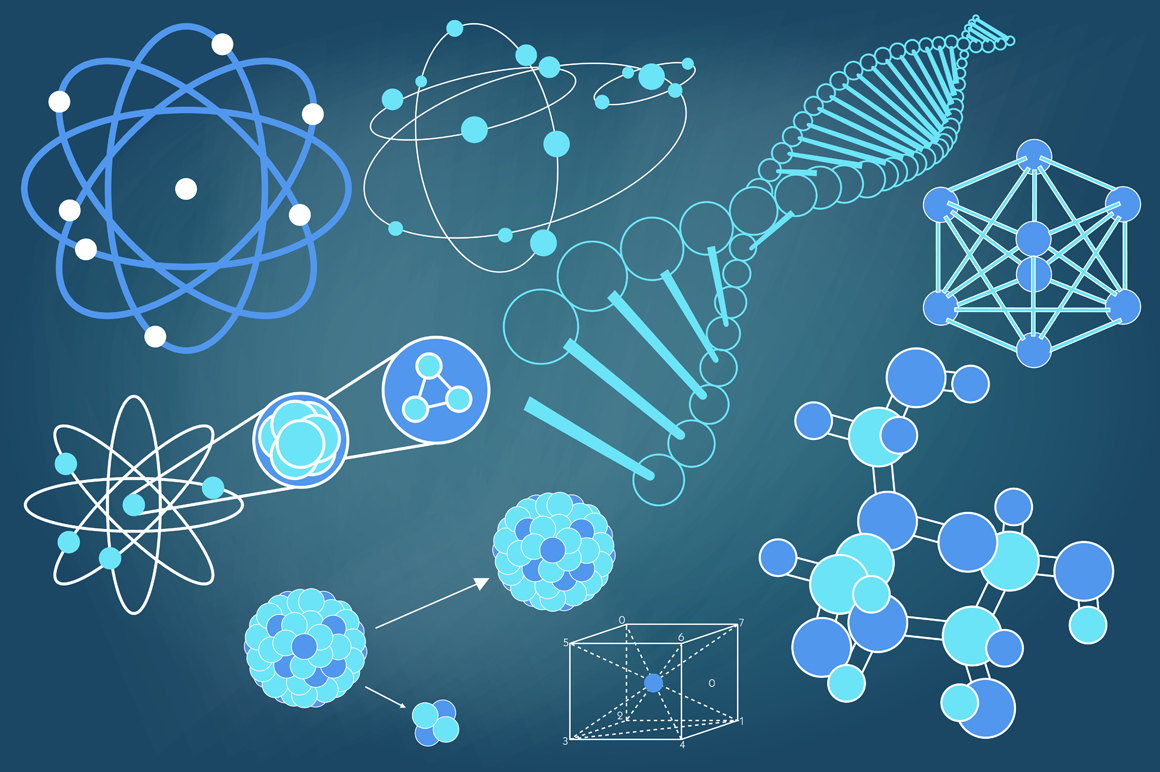In a significant stride towards sustainable energy solutions, a team of scientists has achieved a breakthrough in artificial photosynthesis, a process that mimics the way plants convert sunlight into energy. This innovation holds immense potential for producing clean fuels, addressing energy storage challenges, and mitigating the impact of climate change.
The research, led by Dr. Emily Collins, focused on enhancing the efficiency of artificial photosynthesis to convert solar energy into storable fuels. The team developed a novel catalyst that facilitates the conversion of water and carbon dioxide into hydrogen and other hydrocarbons, mimicking the natural process of photosynthesis.
“Artificial photosynthesis has long been a goal for sustainable energy researchers. Our new catalyst significantly improves the efficiency of converting sunlight into chemical energy, providing a promising avenue for renewable fuel production,” explained Dr. Collins during the research presentation.

